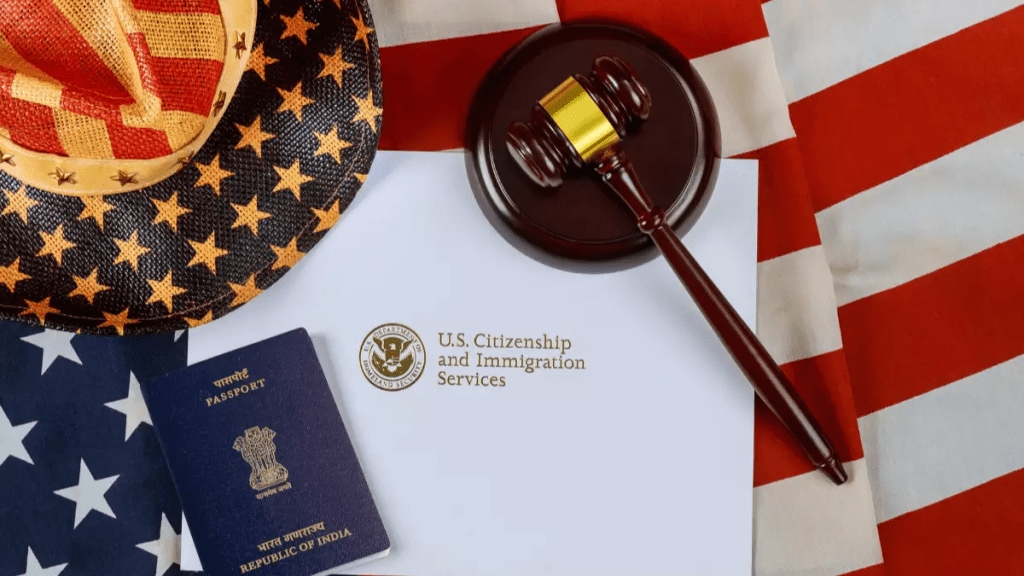More than 1,000 international students studying in the United States have had their visas revoked or legal status terminated since late March, triggering panic and uncertainty across American campuses. According to The Associated Press, about 1,024 students have been impacted, with school officials and university statements confirming the wave of deportations.
Many of these students have reported being approached by plainclothes agents without warning and taken to detention centres, as seen in widely circulated videos on social media. The resulting atmosphere has created widespread fear among international students, with several now suing the Department of Homeland Security (DHS), accusing the agency of arbitrarily terminating their status without clear justification.
The Trump administration has defended the move, reiterating that visas are a “privilege,” not a right. US Secretary of State Marco Rubio was blunt in his remarks, saying, “If you apply for a student visa to come to the United States and you say you’re coming not just to study, but to participate in movements that vandalise universities, harass students, take over buildings, and cause chaos, we’re not giving you that visa.”
While the administration claims the revocations are based on various infractions — from criminal records to speeding violations — many students caught in this sweep were reportedly linked to pro-Palestinian protests. Rubio himself admitted targeting those he accused of creating unsafe environments for Jewish students and supporting terrorist group Hamas, which is designated as a terrorist organization by the US government.
The pressure is not only on students. The White House recently froze $2 billion in funding for Harvard University, reportedly over its refusal to comply with demands that critics say would compromise academic independence.
Students from prestigious universities, including Georgetown, Tufts, and the University of Texas, describe living in constant fear. One Georgetown student said he has wiped all his chats and taught himself how to activate SOS mode on his phone. Another said he’s asked his parents not to attend his graduation, fearing arrest.
“I’m scared to come to school. I’m scared to go grocery shopping,” said a student at the University of Texas. Even those not involved in protests say they’re anxious, fearing past online posts or opinions may be used against them.
As fear and legal battles mount, many students are now working remotely or have fled the country, unsure if they’ll be allowed back. Their stories reflect growing concerns over academic freedom, civil liberties, and the future of foreign education in the US.
